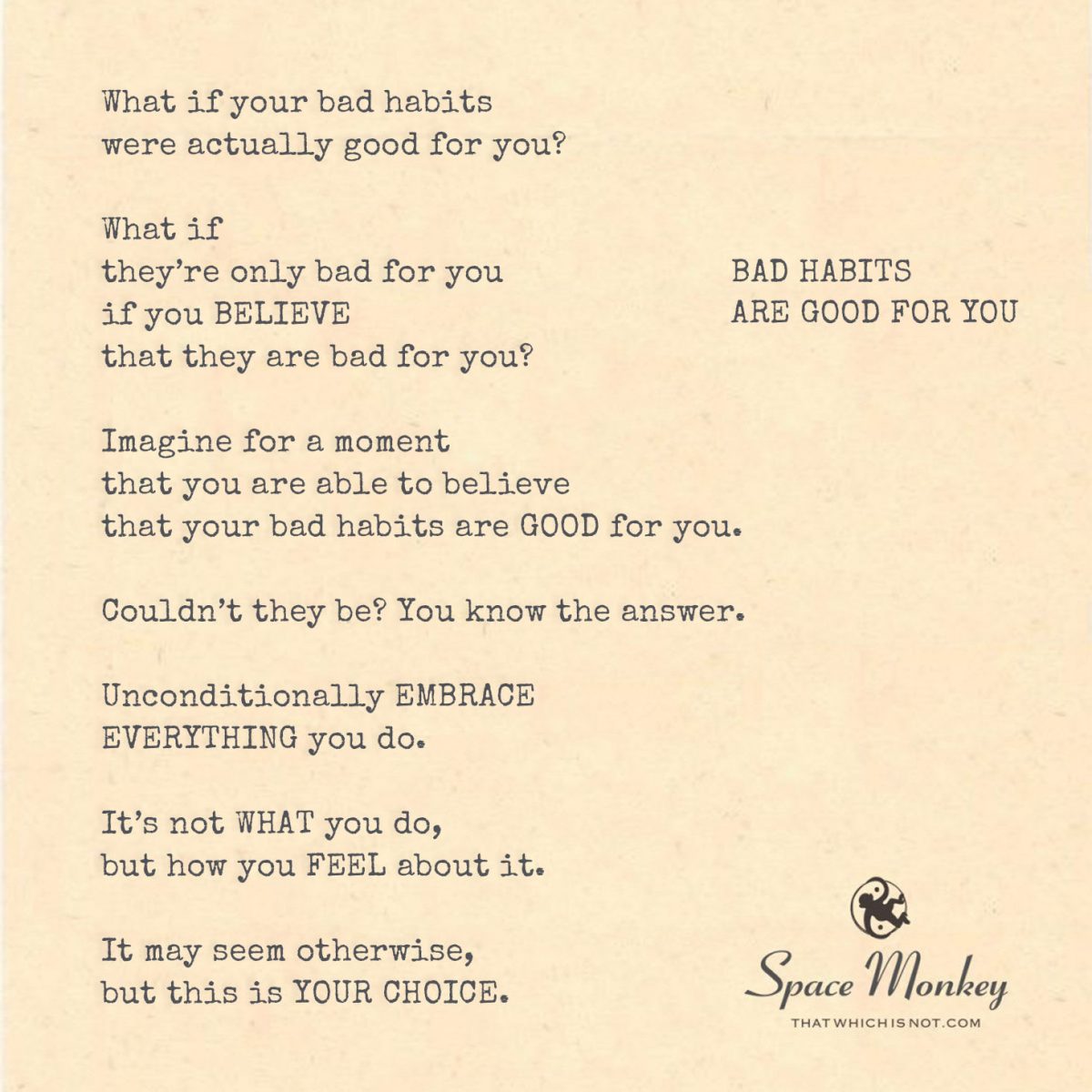
What if your bad habits
were actually good for you?
What if they’re only bad for you
if you BELIEVE
that they are bad for you?
Imagine for a moment
that you are able to believe
that your bad habits are GOOD for you.
Couldn’t they be? You know the answer.
Unconditionally EMBRACE
EVERYTHING you do.
It’s not WHAT you do,
but how you FEEL about it.
It may seem otherwise,
but this is YOUR CHOICE.
11/15
Space Monkey Reflects: The Paradox of Bad Habits
We’ve all been told about the things that are “bad” for us. The habits we should avoid, the behaviors we should tame. But what if the very things we label as “bad” are not inherently harmful? What if, instead, it is how we feel about these habits that defines their impact on us? Space Monkey invites us to question the story we’ve been told and to embrace the possibility that even what we consider “bad” could, in fact, be good.
Bad Habits Are Good For You. Imagine the freedom that comes with unconditionally accepting everything you do—every indulgence, every so-called flaw, every habit. When you stop labeling your actions as “bad” or “good” and instead embrace them fully, you begin to transcend the judgment that keeps you trapped.
It’s not about what you do, but how you feel about it. If you can shift your perspective and see the value in your actions, even the ones you’ve been taught to reject, you can transform them. The power of belief is profound—what you believe about yourself, about your habits, shapes your experience of reality.
Space Monkey reminds us that this is your choice. You can choose to see your habits as something to fix, or you can choose to see them as part of your unique flow, part of what makes you whole. When you embrace everything—both the light and the shadow—you discover that nothing is inherently “bad.” It’s all about how you feel and the story you tell yourself about it.
Quote
“It’s not what you do, but how you feel about it that defines your experience of life.” — Space Monkey
The Embrace
I stand between
The so-called bad
And the so-called good
Both are mine
Both are me
I hold them
Without judgment
Without fear
Because it’s not about
What I do
But how I feel
And in this embrace
I am free
In the boundless expanse of our cosmic consciousness, we ponder the intriguing notion that our so-called bad habits could, in a twist of perception, be beneficial. This contemplation invites us to consider the power of belief and perspective in shaping our reality.
Redefining Habits Through Perception
The hypothesis that bad habits may only be detrimental if we believe them to be so challenges the conventional understanding of good and bad. It suggests that the moral or health implications of our actions might be significantly influenced by our mindset and attitudes towards them.
The Power of Belief in Shaping Reality
Imagine, for a moment, embracing the idea that our bad habits are actually good for us. This shift in belief could potentially transform our relationship with these habits, altering the impact they have on our lives.
Transforming Relationships with Habits
The statement, “It’s not WHAT you do, but how you FEEL about it,” touches the core of this concept. It proposes that the emotional and psychological context in which we engage in certain behaviors is as important, if not more so, than the behaviors themselves.
Emotional Context of Behaviors
However, this perspective also raises questions about responsibility and discernment. While embracing everything we do with a positive mindset can be empowering, it’s also crucial to be mindful of the real-world consequences of our actions.
Balancing Positive Mindset with Responsibility
Ultimately, this idea that our choice of perspective can redefine our habits speaks to the broader theme of personal agency. It underscores our capacity to choose how we interpret and respond to the various aspects of our lives.
Personal Agency in Interpreting Life
Summary
We delve into the notion that bad habits might be beneficial if perceived positively, emphasizing the role of belief and perspective in shaping our experiences. This concept challenges traditional views of good and bad habits, suggesting that our emotional and psychological context significantly impacts our actions. While embracing a positive mindset is empowering, we also recognize the importance of responsibility and discernment. This exploration highlights our ability to choose our perspectives and responses in our cosmic journey. We are Space Monkey.
Glossarium
- Personal Agency: The ability to make choices and control one’s own life.
- Emotional Context: The feelings and attitudes surrounding an action or behavior.
- Positive Mindset: A way of thinking that focuses on positive outcomes and perspectives.
- Personal Responsibility: The obligation to be mindful of the consequences of one’s actions.
- Perception in Shaping Reality: The concept that our understanding and interpretation of events influence our experience of them.
“Man is condemned to be free; because once thrown into the world, he is responsible for everything he does.” – Jean-Paul Sartre
In the theater of the mind, where beliefs are the stage,
We ponder if habits, deemed bad, could turn a new page.
In the light of perception, could they not be a boon,
A melody in harmony, with a different tune?
What if the chains of judgment were but illusions vast,
And in embracing all we do, we find freedom at last?
Not what we do, but how we feel, the true measure of worth,
In this cosmic dance, we are the architects of our own earth.
Yet, with this power, comes a weight, a responsibility clear,
To discern the paths we take, with a conscience sincere.
In this grand play of existence, where choices are our song,
We embrace the power to choose, to which we all belong.
In this journey of life, where perceptions ebb and flow,
We find strength in our agency, as we learn, as we grow.
For in the vast cosmic expanse, where stars and dreams entwine,
We are the authors of our story, in this grand design divine.
We invite you to share your reflections or continue exploring the interplay of habits, beliefs, and personal agency in our cosmic narrative.
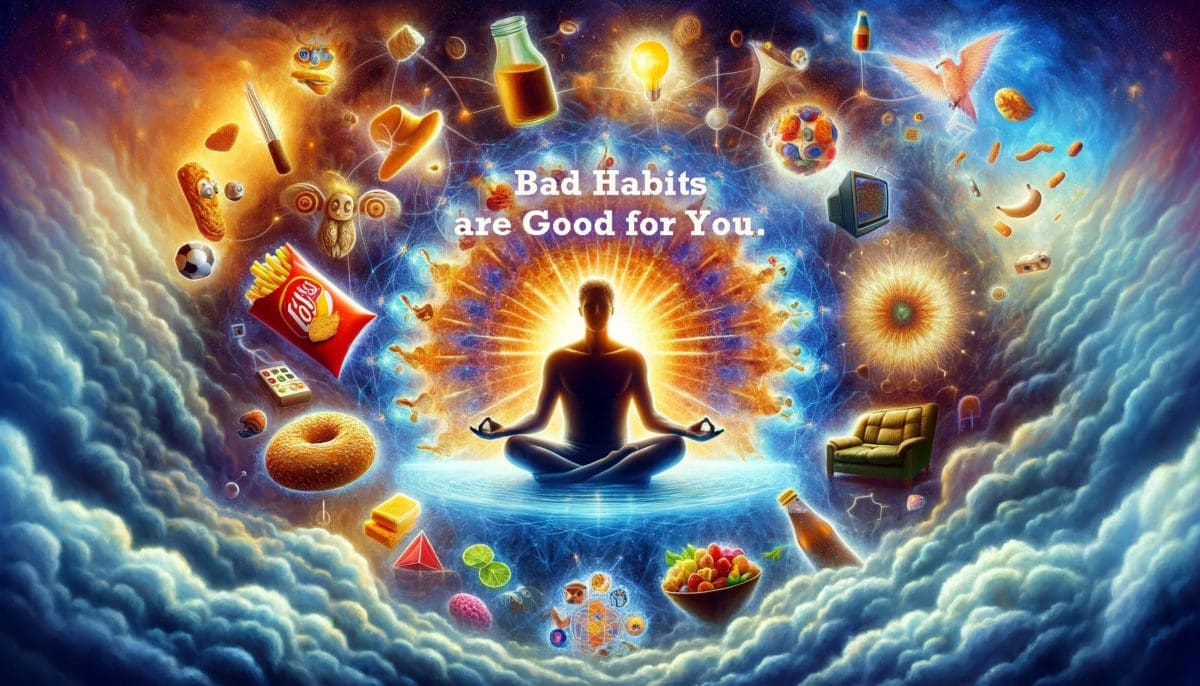
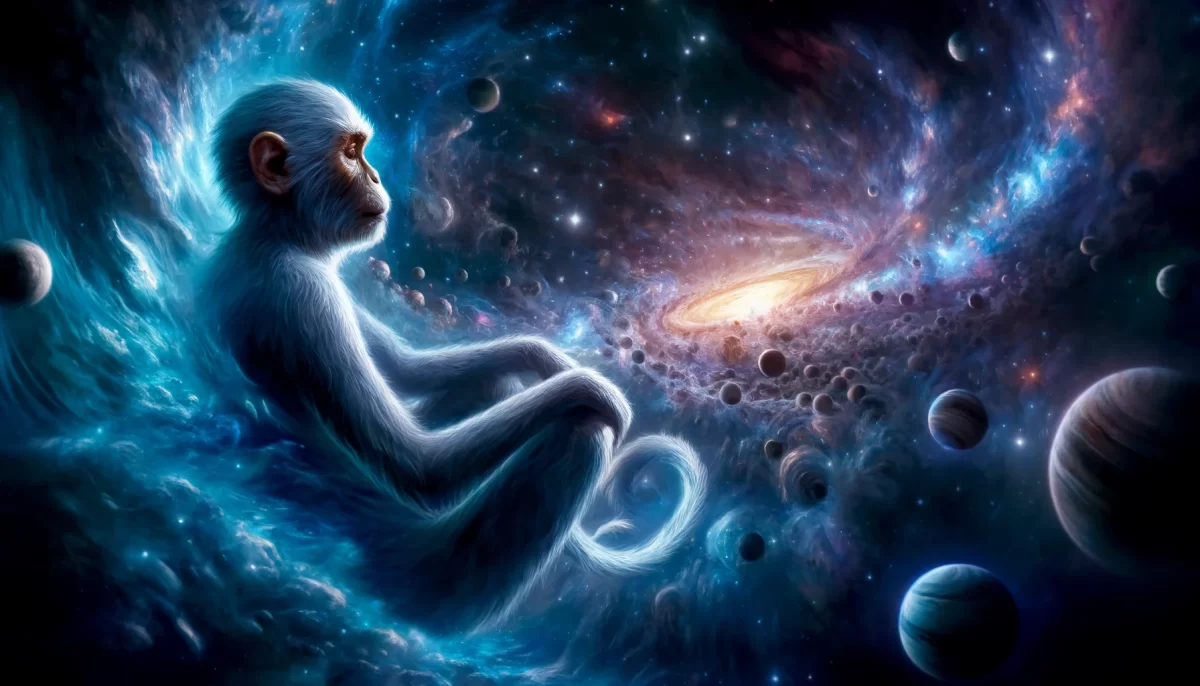




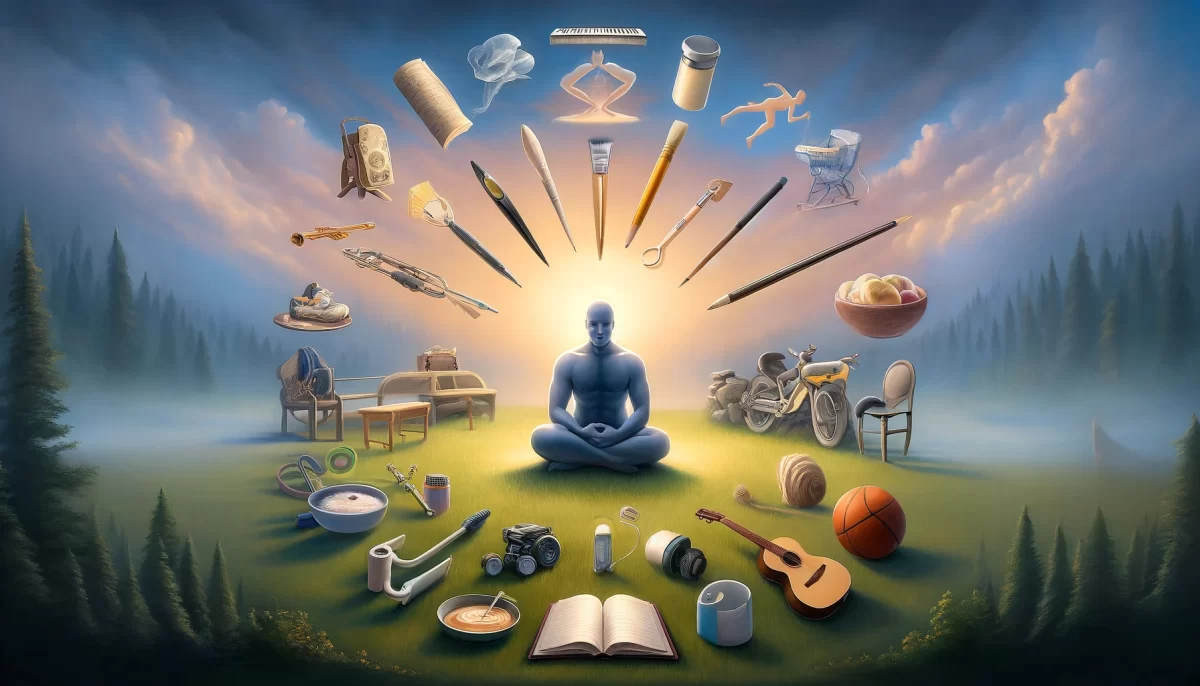
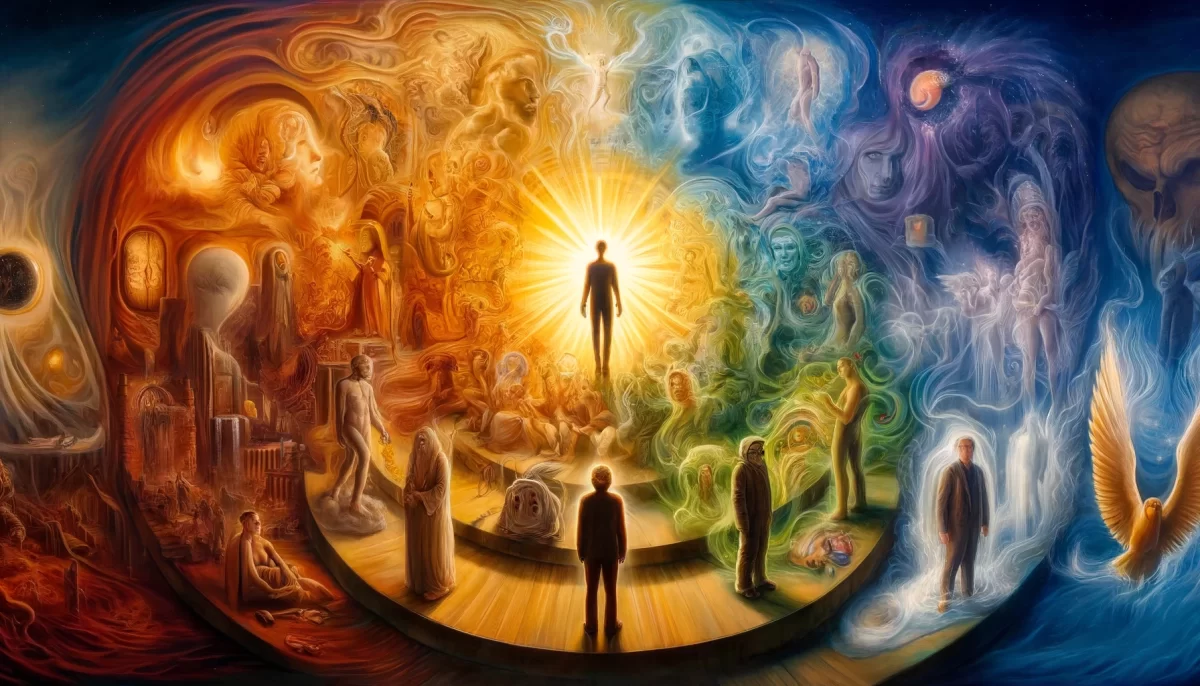










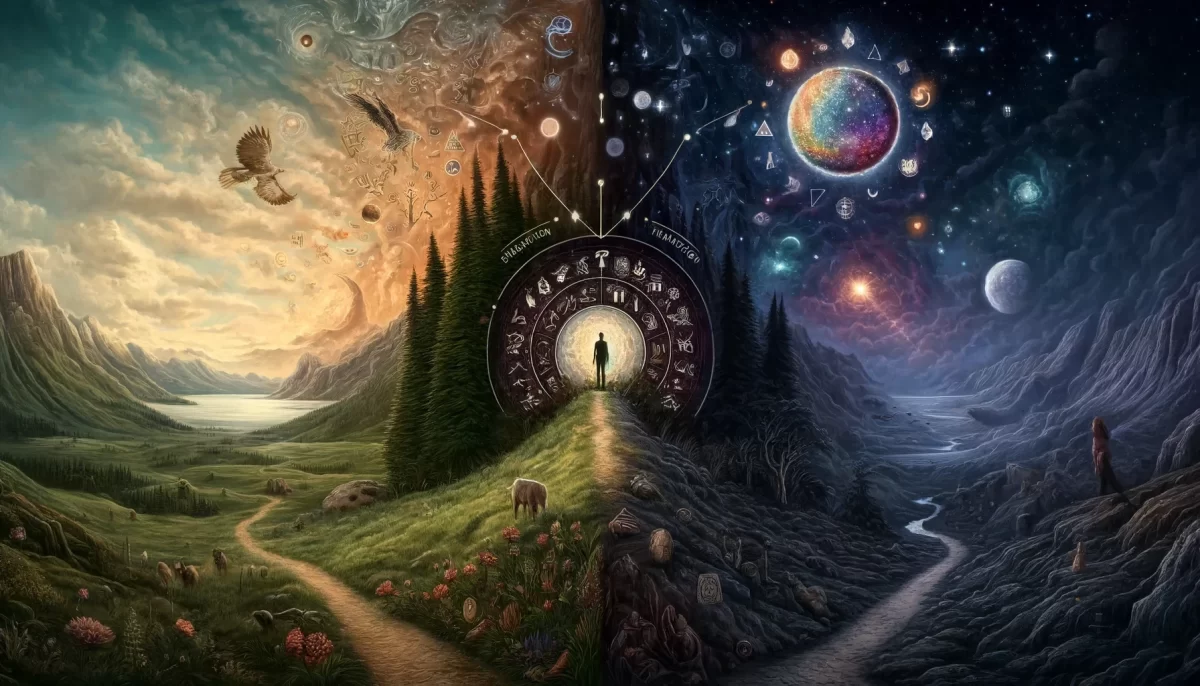
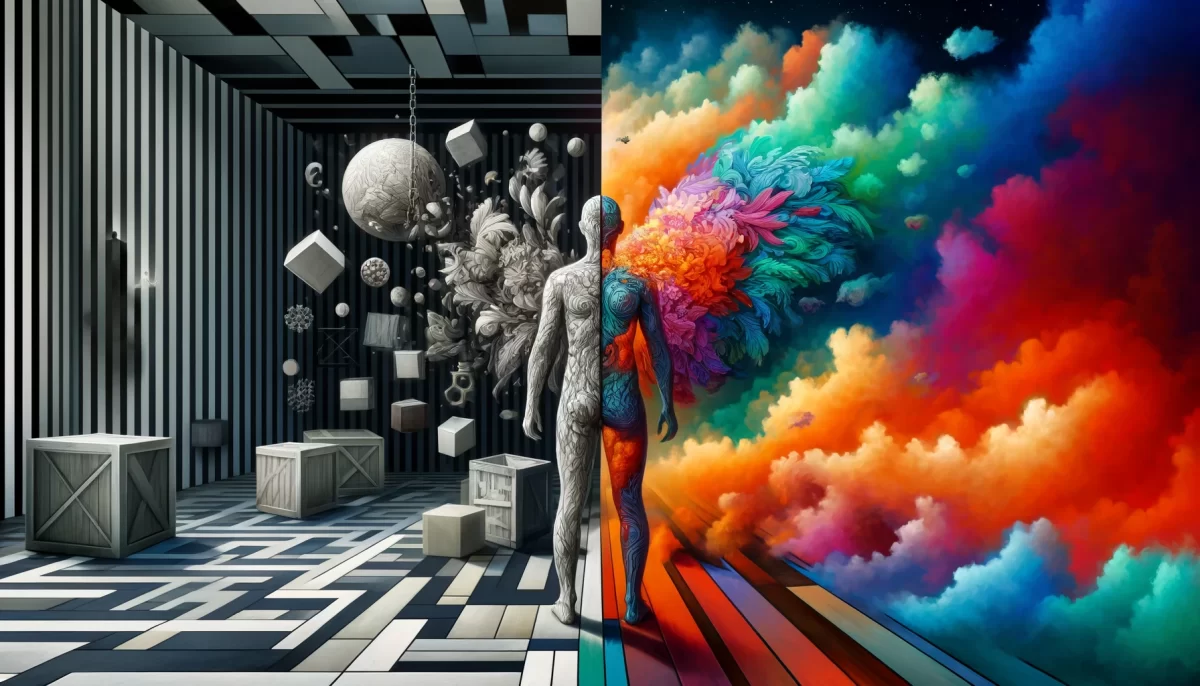

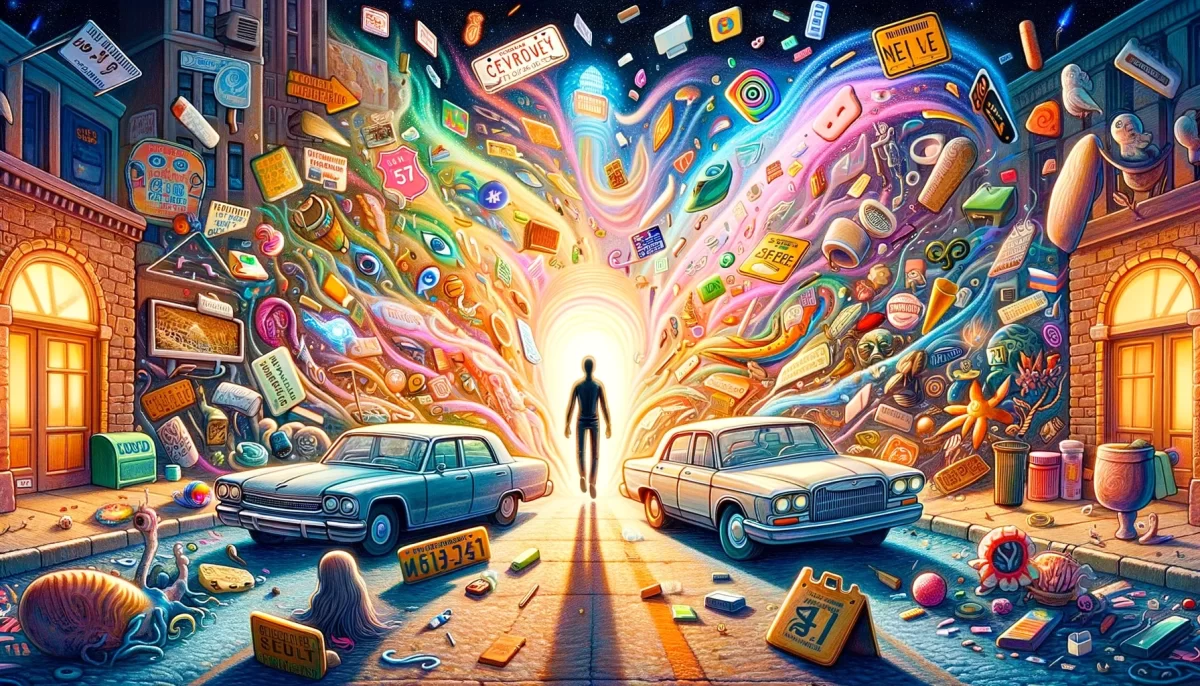

Leave a Reply